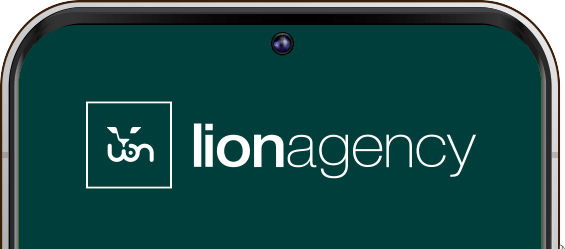Google has announced that it will be phasing out the use of cookies by 2023. This move is part of the company’s commitment to privacy and data protection, and is part of a larger effort to improve user experience on the web.
Is your website ready for a Cookie Phase Out?
Dynamism is the best word to describe the world of technology. Just when we thought we had already come to terms with the controversial topic of cookies, it turns out that Google is joining forces with its cousins Safari and Firefox to phase out cookies by 2023. The move is part of the company’s own “Privacy Sandbox” initiative, which aims to set open standards to improve online privacy and create more transparency and control over users’ data.
Other browsers have already done this. What would be the difference?
The answer to this question is quite simple: the main difference is that Google owns 64% of the web search market, which means that free space for digital marketers will be significantly reduced once Google makes these changes.
To fully understand the complexity of this decision, we will refresh on what a cookie is and how it affects websites and searches. A cookie is a small text file that websites send to the browsers from which they are accessed, allowing browsers to collect information about users’ visits, their language preferences, and/or their logins to various platforms.
These cookies are called first-party cookies. There are also third-party cookies sent by a third-party domain (which is foreign to the website visited) that track the consumption habits of Internet users and allow us to perform analytical evaluations. These cookies are the backbone of online advertising, as they allow us to create fully customized offers and improve the buying experience.
How can we prepare our website for the new “cookieless” trend?
First, we need to develop a new strategy for our website that includes our own data collection. Since we have less third-party data, marketing organizations will rely more on source data to attract buyers to our products and services. As mentioned before, third-party personalization is becoming more anonymous and dependent on Google Analytics 4. So, capturing and targeting our data will be critical if we want to achieve a successful strategy where digital navigation is not the main feature.
How can we accomplish this? Review our current CMS and its customization capabilities. Many companies rely on headless CMS platforms and use only a fraction of the available features. The key to this new cookieless paradigm is collecting data that comes from operations.
What data will be integrated? Which won’t? Is the targeting done in a way that can be processed by the marketing department and revenue teams? Is it in compliance with RGDP/CCPA? All of these changes can be overwhelming, but do not panic. We can help you prepare for a cookieless future. At lion Agency, we focus on developing a strategic model that learns, adapts, and creates long-term adaptability so you are perfectly prepared for the digital dynamism. Contact us and we will take care of your digital strategy for 2023.




